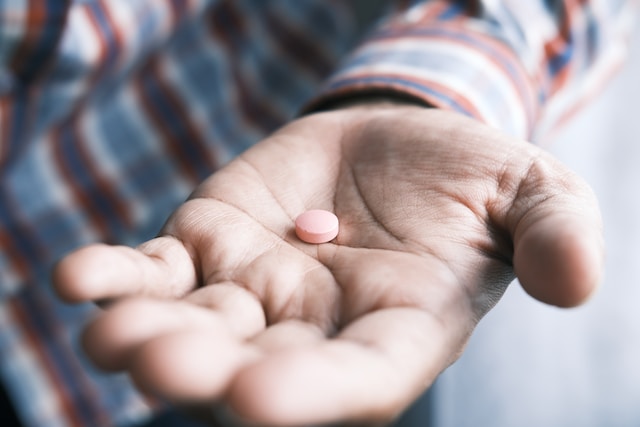In a groundbreaking decision, the U.S. Food and Drug Administration (FDA) has granted approval to the world’s first fecal-based pill for human use, marking a significant milestone in the field of medicine. This momentous development opens up new possibilities for treating a range of gastrointestinal conditions and shines a spotlight on the emerging field of microbiome-based therapies.
The newly approved pill, known as FMT-Pill, is derived from fecal matter and encapsulates the power of the human microbiome—the vast community of microorganisms that reside in our bodies, particularly in the gastrointestinal tract. Extensive research has shown that disruptions in the gut microbiome can contribute to various health conditions, including Clostridium difficile infection (CDI), inflammatory bowel disease (IBD), and irritable bowel syndrome (IBS).
Traditionally, fecal microbiota transplantation (FMT) has been employed as a treatment for these conditions. FMT involves the transfer of fecal matter from a healthy donor into the recipient’s gastrointestinal system. However, the FMT procedure has posed challenges in terms of logistics and patient acceptance, often requiring invasive procedures such as colonoscopies.
The approval of the FMT-Pill offers a breakthrough in this regard, as it provides a non-invasive alternative for delivering the therapeutic benefits of fecal matter. The pill contains freeze-dried fecal matter from carefully screened and tested donors, ensuring the absence of harmful pathogens. This oral delivery method not only enhances patient convenience but also increases accessibility to this potentially life-saving treatment.
The road to FDA approval for the FMT-Pill has been paved with rigorous scientific research and meticulous regulatory scrutiny. Extensive clinical trials have been conducted to assess its safety and efficacy in treating various gastrointestinal conditions. Donors undergo thorough screening processes to ensure their health and the quality of their microbiome. The manufacturing and quality control processes adhere to strict guidelines to guarantee the safety and reliability of each pill.
This milestone achievement raises ethical considerations surrounding the use of human waste as a therapeutic tool. Responsible sourcing, donor privacy, informed consent, and equitable access to treatment are critical aspects that must be addressed with utmost care. Transparent guidelines and regulations are paramount to ensure the ethical use of fecal-based therapies while safeguarding the well-being and dignity of both patients and donors.
The FDA’s approval of the FMT-Pill signifies a significant shift in the field of medicine towards embracing the potential of the human microbiome. This pioneering treatment represents the dawning of a new era, where personalized medicine and microbiome-based therapies hold the promise of revolutionizing healthcare. By leveraging the intricate ecosystem of microorganisms within us, researchers and healthcare professionals are poised to develop tailored interventions that target the root causes of various diseases.
Beyond the immediate applications for gastrointestinal conditions, the approval of the FMT-Pill opens doors to further exploration and research. Scientists are increasingly recognizing the profound impact of the microbiome on overall health, extending beyond the gut to influence various aspects of our well-being. With this new approval, opportunities arise to delve into the microbiome’s role in immune system function, mental health, metabolism, and even cancer treatment.
As with any groundbreaking medical intervention, challenges lie ahead. Long-term safety and efficacy studies are crucial to assess the pill’s sustained benefits and potential risks. Regulatory frameworks must continue to evolve to keep pace with the advancements in this burgeoning field, balancing patient safety with the need for innovation. Collaboration between scientists, healthcare providers, regulators, and patient advocacy groups will be vital in navigating the complexities of microbiome-based therapies.
The FDA’s approval of the first fecal-based pill for human use is a significant leap forward in the quest
for innovative medical treatments. It represents a testament to the power of scientific discovery and highlights the transformative potential of understanding and harnessing the human microbiome. As this groundbreaking therapy becomes available to patients, it marks a remarkable milestone in the ongoing pursuit of better health outcomes and opens the doors to a future where personalized medicine is shaped by the trillions of microorganisms that call our bodies home.




